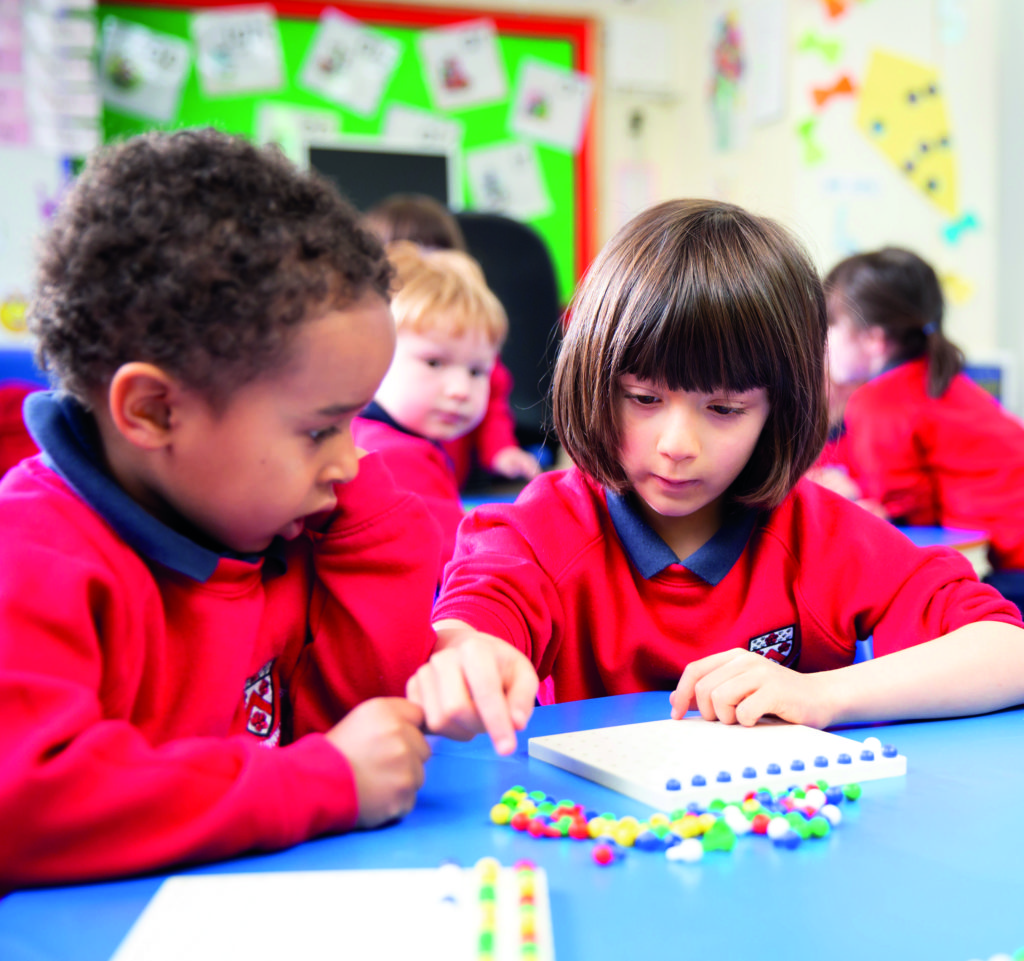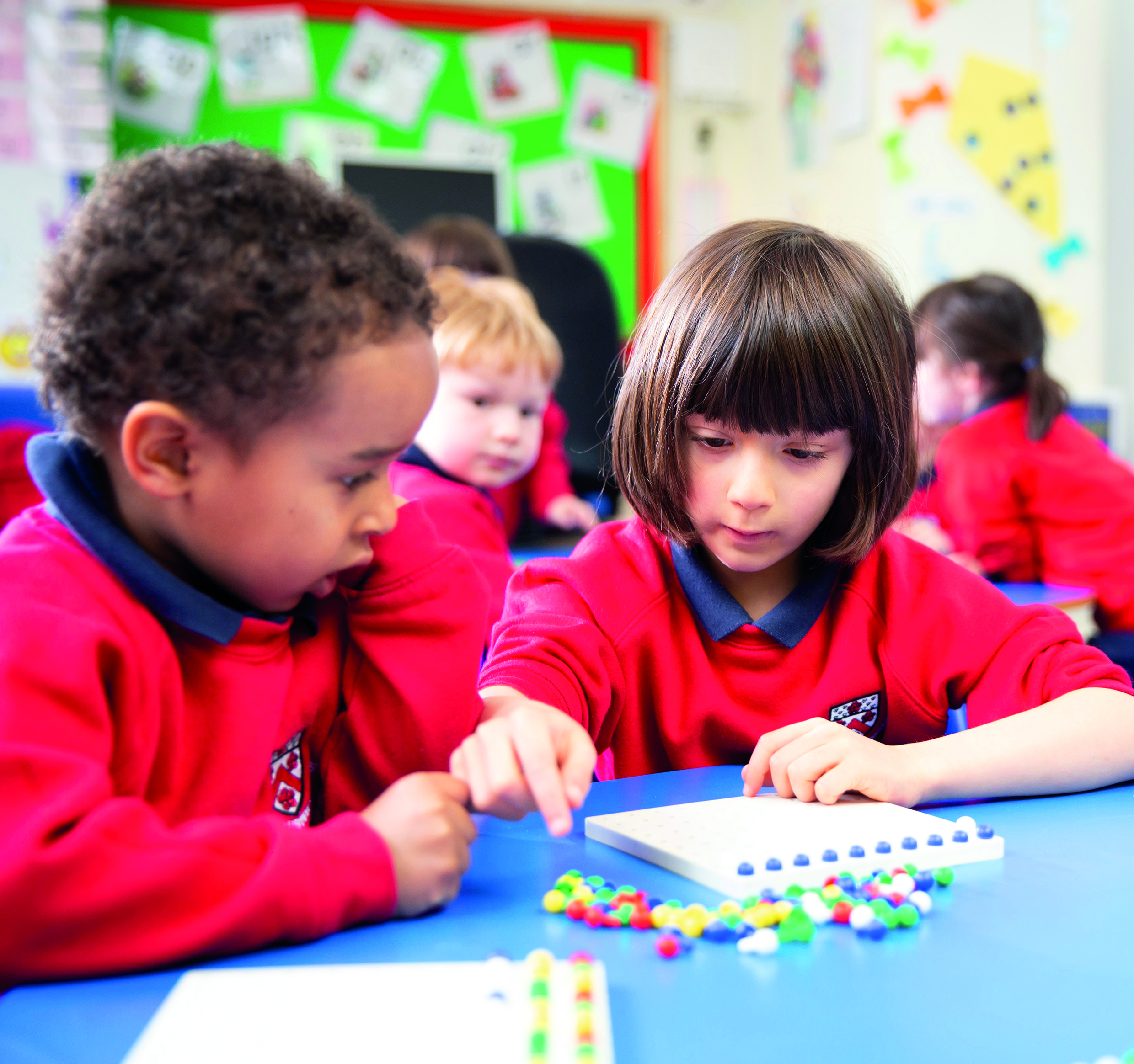
Matt Neil, teacher at Alleyn’s Junior School, tells us how to encourage sharp thinking skills in our children.
How many uses are there for… a brick? I recently showed my form a picture of a house brick and asked them to think about different possible uses for it. The variety of responses was astonishing. Alongside the more obvious suggestions were a plethora of abstract and imaginative possibilities, including using it to squash (juice) fruit or heating it up to make a bed warmer!
I asked this question to stimulate thinking skills. Learning lists of facts can be impressive but actually, knowledge-based learning techniques require the least amount of thought while good thinking challenges children to take their minds beyond what they already understand. Most children love the chance to think creatively and in doing so they will have to use more ‘brain power’. There are so many ways to do this:
Get creative
Encourage your child to invent a machine or a new product, design a building or a book cover, write a TV show, make up a new language code, compose a melody or make up new lyrics to their favourite song. The list of options is never-ending and they should all be fun!
Talk
Giving your child the opportunity to speak and express themselves encourages them to think deeply and helps them to generate and explore ideas. Show them a thought-provoking image, and they will want to think and then ask their own questions. A piece of art is a great stimulus for you to interpret, discuss and possibly ask further questions together. Alternatively, why not share an ‘answer’ – perhaps a person, place or number – and ask what question would fit it?
Games
Happily, playing games is one of the best ways to stretch your child’s thinking. These could include ‘odd one out’ style games, anagrams, hangman and riddles. A comparison game involves choosing three items, people or places and trying to find details that are either shared by all three or unique to each one. Another good game is the ‘Twenty Questions’ guessing game in which players ask ‘yes or no’ questions to close in on an answer, encouraging deductive reasoning and creativity.
Practical problem solving
Why not involve your child when planning and organising a special event? For example, if you are planning a birthday celebration, involve them in the process, recording what steps you need to take and making the arrangements – it will encourage them to analyse options and make choices.
Developing our children’s thinking skills is enjoyable and should never feel like hard work. Here is a popular ‘exercise’ you might try: ask your child which they would prefer – an invisibility cloak, a magic carpet or the ability to read minds?! Just by posing this question, allowing them to consider it and maybe justifying or refining their answer, you are giving your child a great ‘thinking skills’ workout.
Useful links:

